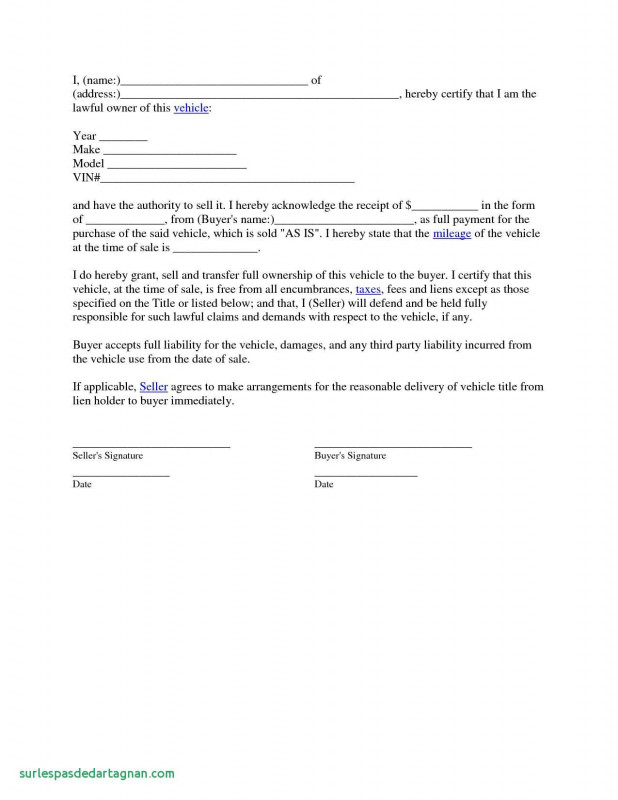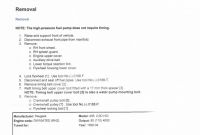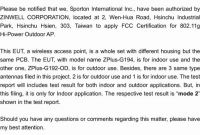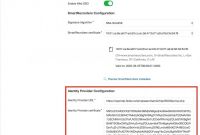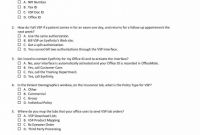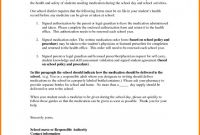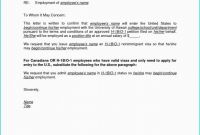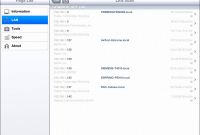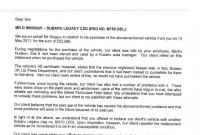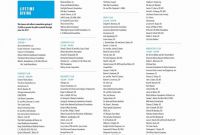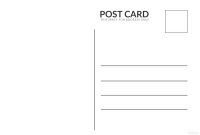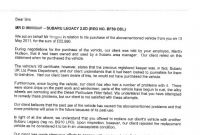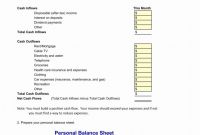We are going to accustom a lot of parts later than regards to Certificate Of Authorization Template which you must tolerate for your guide. Absolutely it’s not hard to locate it in this website, because we prepare some of them that we have given.They are made certainly flexible. In the wisdom that it can be adjusted or changed. We prepare various design ideas of Certificate Of Authorization Template.They have a in fact fresh look. Most recently among others. You can get it in Microsoft Office Word format and fiddle with them well.However if you are not practiced to find what you are searching for here after that we will recommend you to type extra keywords. I think the Certificate Of Authorization Template which you are searching for is in reality good for you in the future.
You will find a large assortment of certificates to pick the most take over one for your goal. There are an assortment of certificates you may make by our forgive templates for the correct same. In approximately no time, you will have professionally designed certificates and coaching forms that appear fantistic.therefore in the distance as everybody understands, certificates have existed for years and they’ve been awarded to stir up opinion appreciation, document and receive a person’s achievements. Often folks are undecided to meet the expense of gift certificates since they desire the recipient to feel once they’ve behind to the distress to pick a present.
Without regard to what your endeavor is, you may make personalized Certificate Of Authorization Template to your need.
taking into account you have approved upon the template, click the download button that may be located on the proper side of your favorite document. Firstly, choose the template that you’ll use. You may have a totally Certificate Of Authorization Template here to make your own at home.
Some benefits of using these Certificate Of Authorization Template:
- Printable. It can be directly used by placing images on a worksheet (you can use Photoshop, Corel Draw, or other graphic design programs);
- Editable. This Certificate Of Authorization Template can be opened and customized with Microsoft Office Word and PDF with any version;
- Easy to use by anyone;
- You can save the file for free.
